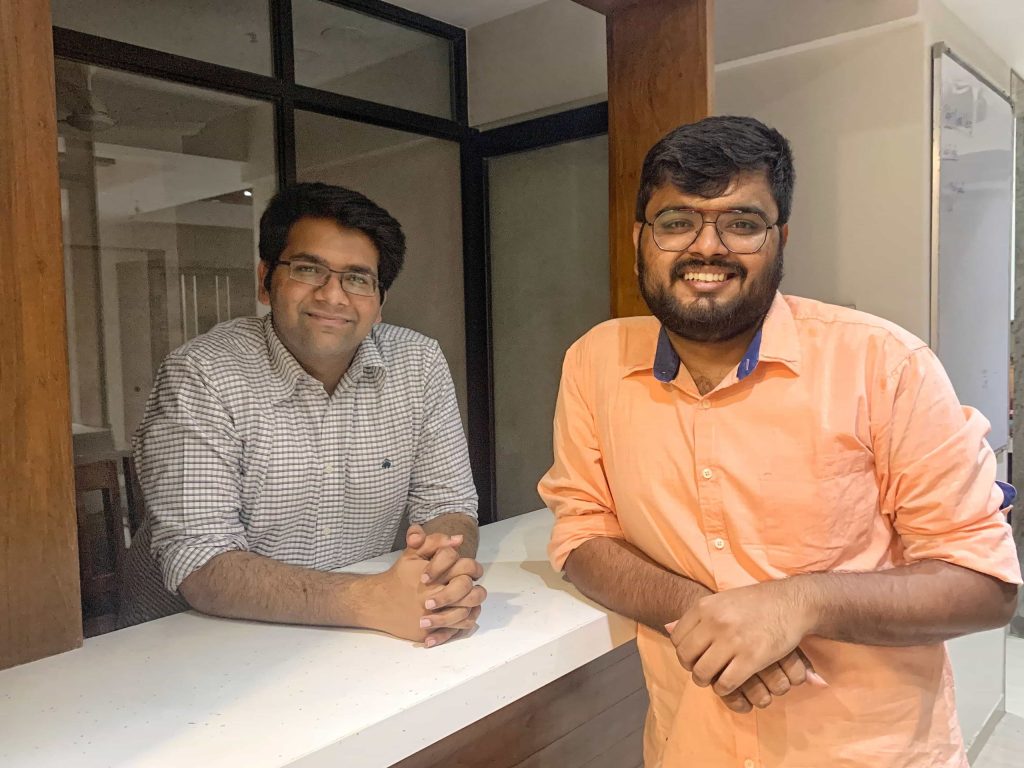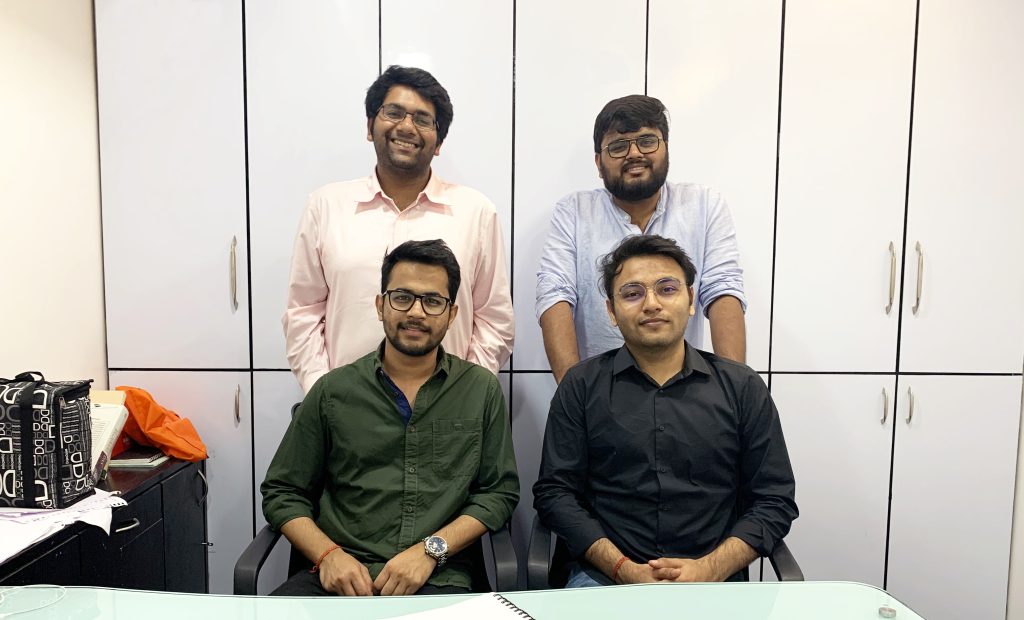(March 5, 2024) Back in 2020, Anirudh Singla, like his classmates, went around with butterflies in his stomach during interview season. The only difference was that his classmates were giving interviews to get placed, while Anirudh Singla was preparing to conduct them. Anirudh Singla, Rahul Mathur and Kishan Panpalia were engineering students at BITS-Pilani, and, at the same time running a company that had generated Rs 1.25 crore in revenue by the time they graduated. They are the co-founders of Pepper Content and today, their clientele includes Google, Amazon, HUL, Facebook, and P&G, to name a few, as they on-board over 100 companies every month. Some three years after the Global Indians founded Pepper Content, the company was growing at 15 percent every month, and had received funding from Lightspeed Venture Partners, one of the world’s top VC firms. Theirs is a fairytale story created through good old pragmatic hardwork, persistence, failure and determination.
Young and driven to entrepreneurship
It all started when Anirudh Singla decided he wanted to fund his own graduation. At BITS Pilani, he realised he was surrounded by 900 students who were as smart, if not smarter than he was and he wanted to stand out. “The one thing I was good at was writing,” he said in an interview. He had also grown up in an entrepreneurial household, and seen his father build a $100 million business from the ground up. Singla knew about the importance of the hustle and the grind and got to work. He found a small digital marketing agency that needed 250 articles of 500 words each on car parts. “We quoted 75 paisa per word, which is around Rs 375 per article. However, the customer insisted on 10 paisa per word – you can’t outsource it at that rate, no writer will agree. But we wanted a statistical advantage and we were just starting out so we negotiated it to 15 paisa per word,” Anirudh recalls.

At the time, they were in the middle of exam season but Anirudh was determined to meet his goal of Rs 2.5 lakh in the next two months. He, along with Mathur and Panpalia, would write till 5 am, sleep for a couple of hours and then head out at 8 am to write their exam. After two weeks of this, they earned Rs 16,500. “It was a great feeling to have,” Anirudh says.
Similarly, Panpalia had also arrived at BITS with big dreams and an entrepreneurial drive. Born in a tier-3 city named Akola in Maharashtra, Panpalia had made his first profit in the ninth grade, when he bought five kilos of produce, and sold it when the price was higher Rs 50 per kilo. “Those few hundreds I earned ignited the entrepreneur in me,” he says. He would spend his time reading inspiring stories of young entrepreneurs who had made it big and like most ambitious Indian teens, wanted to make it to an IIT. He wrote the exam and was admitted to BITS Pilani, which he describes as the best thing that ever happened to him. “I entered college in 2019 and in the first year, like any tier-3 student, the first three months were bizarre. I was in a new world, full of new people and I was sure I didn’t belong.” He put himself out there anyway, joining entrepreneurial cells and clubs, where he happened to meet Anirudh Singla, who was just starting Pepper Content.
The cold-calling method
They built their company through cold calls and cold-emails, weeding through hundreds of rejections – not only were they very young, they were also engineering students with no experience in content. They cold called 50,000 people, and cold-emailed 10,000 others. “We didn’t know the right way, so we cold called,” said Panpalia. He put college on the backburner to join “a company that was not even a company,” he says. His friends and family advised him not to do it, saying he should at least finish his engineering first, and that he was too young for entrepreneurship. “But I took the plunge. We needed our first 100 customers and we didn’t know how to get them.”
So, they pooled in their resources. “Initially it was all about customer obsession,” Singla says. “LinkedIn was my Instagram. We had class till 1 pm in my second year and during that time I would send 40-50 customised LinkedIn messages to marketing heads and CFOs and everyone. That’s 1,200 messages per month.” Colleges have marketing teams and databases, which they also used. They were doing upto seven hours per day of just cold calling. “I learned that consistency is very important, it always compounds,” he says.
Pepper Content started out as an aggregator of sorts, linking talented content creators, graphics designers and later video editors with businesses. The pandemic helped grow their business, as the gig economy expanded with it and many professionals turned to freelance works instead of structured nine to gives. They offer video production, blog writing, whitepaper content, thought leadership content, subtitling, voiceovers and infographics. “Every company is a content company,” Singla states. The idea, they say, is to ensure that companies have access to the ‘top three percent of freelance talent’ in a single platform. Today, their company is valued at over Rs 500 crores as the global content economy is valued at more than $400 billion.
The company, which is based in Mumbai and boasts some 1,50,000 creators and 2,500 business clients, also has a library that includes blogs on content marketing and technology and how to stay ahead of the curve, case studies about their customers, e-books and whitepapers on the latest trends and marketing insights. On the SaaS side of things, they have now launched an AI co-pilot for enterprise marketers.
The AI platform


“The future isn’t just AI or human intelligence, it’s AI + human intelligence,” Singla told Forbes. Rather than seeing AI language models like Chat GPT as a threat to businesses like his, he believes they will only help them. As companies are now scaling up content requirements in a big way, the handful of writers and creators on marketing teams will now need a certain amount of automation.
Their platform will work on keyword research, identify the right creators for the job and use data analytics tools to assess the final product. “Every piece you publish should be more intelligent than the last one,” he says. The AI platform will help with the biggest struggle for marketers – organic traffic and providing returns on investment. “It will help build an SEO content strategy, content operations, content analytics and distribution,” Singla explains. “Every piece you publish should be more intelligent than the last one.”
- Follow Anirudh Singla on LinkedIn.




